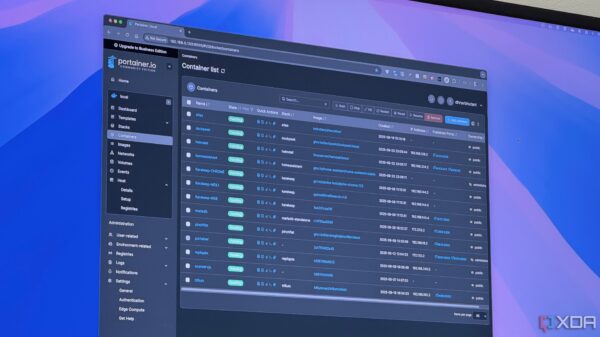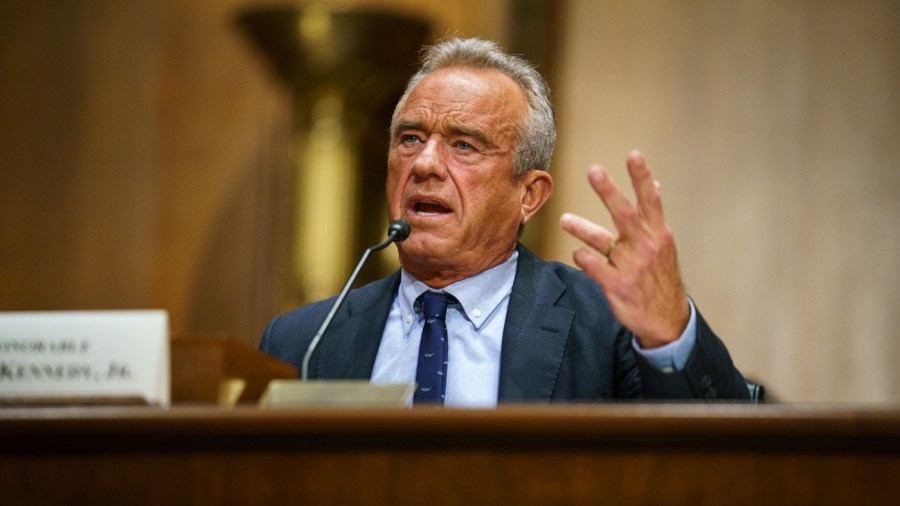Robert F. Kennedy Jr., the U.S. Secretary of Health and Human Services, faced intense scrutiny during a nearly three-hour Senate hearing on March 14, 2024. The session, which focused on recent changes within the Centers for Disease Control and Prevention (CDC), highlighted concerns from senators regarding the agency’s response to public health challenges.
Senators from both parties questioned Kennedy about the CDC’s restructuring efforts, particularly in light of ongoing public health crises. The hearing served as a platform for lawmakers to express their dissatisfaction with the agency’s performance, as well as to seek clarity on its strategic direction.
During the session, Kennedy defended the recent upheaval at the CDC, asserting that the changes were necessary to enhance the agency’s effectiveness. He emphasized the importance of adapting to evolving public health needs and stated that the reforms aimed to streamline operations and improve response times during health emergencies.
As the hearing progressed, several key issues emerged. Senators raised concerns about the transparency of the CDC’s decision-making processes and the implications of its restructuring for future public health responses. Kennedy responded by outlining the intended benefits of the changes, claiming they would ultimately lead to better outcomes for American citizens.
One of the more contentious points was the agency’s handling of the COVID-19 pandemic. Lawmakers demanded explanations regarding specific decisions made during the crisis, and Kennedy acknowledged that the pandemic had presented unprecedented challenges. He assured senators that lessons learned from COVID-19 would inform future decision-making at the CDC.
In addition to pandemic-related inquiries, the hearing also touched on the CDC’s role in addressing other public health issues, including vaccine distribution and chronic disease management. Kennedy reiterated the agency’s commitment to these areas, emphasizing a proactive approach to health education and community engagement.
The session concluded with senators expressing a desire for ongoing dialogue with the HHS regarding the CDC’s initiatives. Kennedy indicated his willingness to collaborate with lawmakers, stating that their input is crucial in shaping the future of public health policy.
As the U.S. continues to navigate complex health challenges, the outcomes of this hearing may influence the trajectory of the CDC in the coming years. The agency’s ability to adapt and respond effectively to public health needs will remain a focal point for both the government and the public.







































































